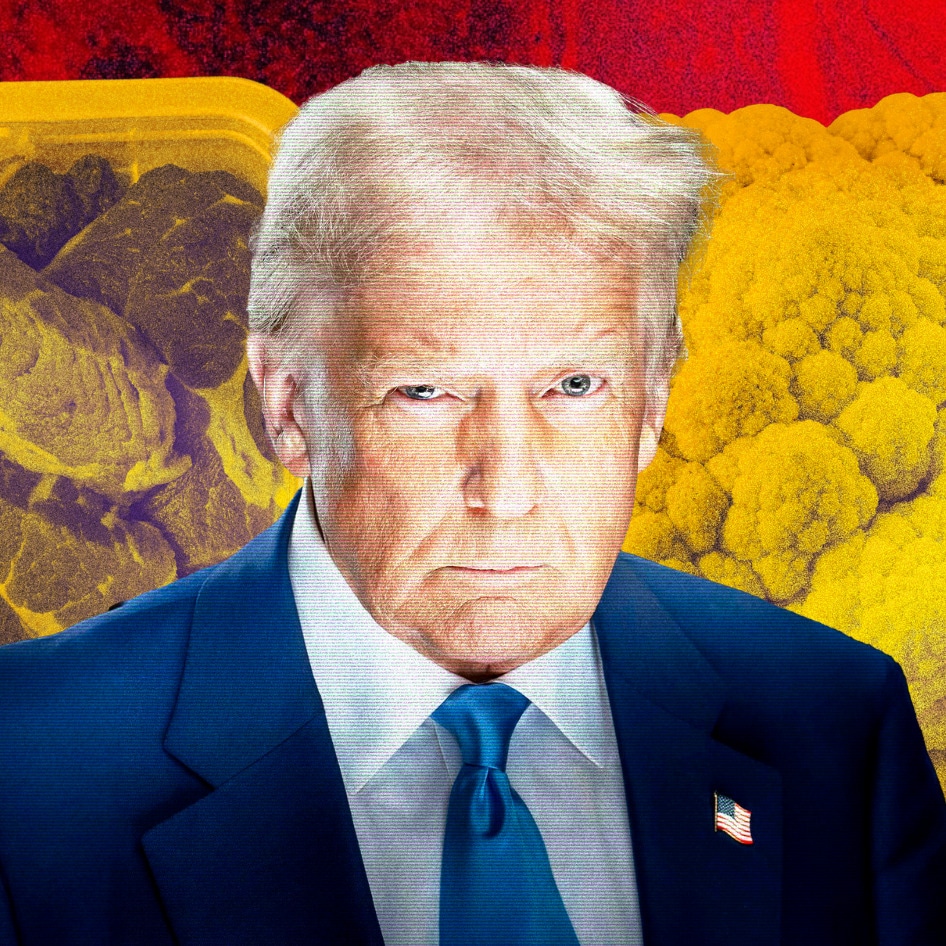The price of animal products would increase significantly if the environmental cost of producing them were considered, according to a new study by Augsburg University in Germany that was recently published in Nature Communications. In its research, the university found that including the cost of environmental damage—such as emissions of carbon dioxide, nitrous oxide, and methane, along with land use—caused by the animal agriculture industry would increase the price of animal flesh by 146 percent and the price of dairy products by 91 percent. “We ourselves were surprised by the big difference between the food groups investigated and the resulting mispricing of animal-based food products in particular,” said study author Tobias Gaugler.
Alternatively, the researchers found that including the environmental costs of producing organic plant products would increase their price by only six percent. “If these market mispricing errors were to cease to exist or at least be reduced, this would also have a major impact on the demand for food,” Amelie Michalke, another author on the study, said. “A food that becomes significantly more expensive will also be much less in demand.”
Meat tax
In a 2016 comprehensive global study, Oxford Martin Programme on the Future of Food found that a global average tax of 40-percent on meat and 20-percent on dairy is necessary to offset the heavy carbon footprint of the animal agriculture industry. Since its release, several countries, including Germany, have considered offsetting the climate cost of meat production by implementing a tax. In February 2020, the Amsterdam-based True Animal Protein Price (TAPP) Coalition presented the European Union (EU) with a proposal that set “fair pricing” for meat based on the costs of greenhouse gas emissions, air and water pollution, and loss of wildlife associated with animal farming. In its proposal, TAPP suggested that the price of beef be increased by approximately 25 percent over the next decade. Neither Germany nor the EU has implemented an environmental tax on animal products. Instead, meat and dairy products continue to be subsidized by governments worldwide every year to keep prices low, which is essentially the opposite of what the new research and previous proposals suggest.
JUMP TO ... Latest News | Recipes | Guides | Health | Subscribe







